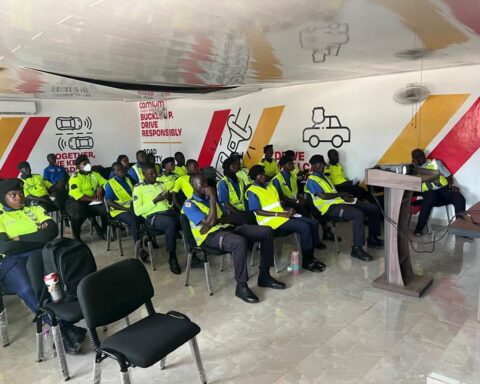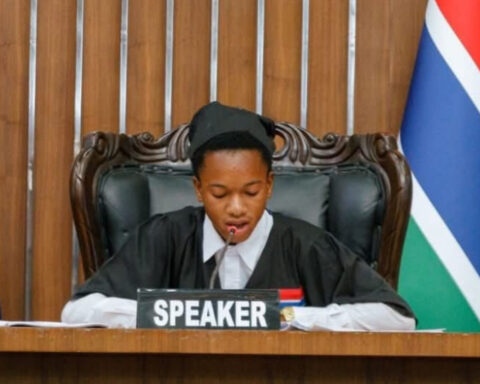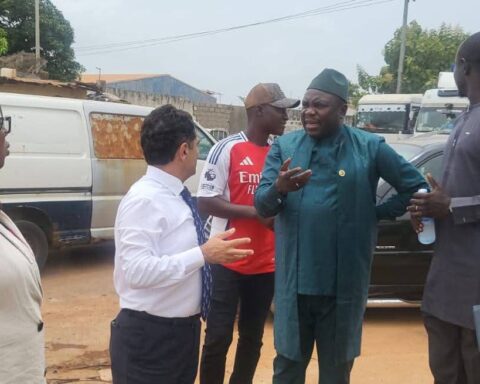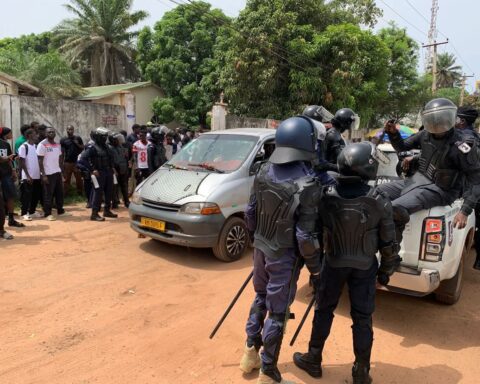By Mai Ahmad Fatty
The events of last evening mark a sobering moment in our nation’s democratic journey. The rejection of the draft constitution by parliament represents more than a legislative setback. It signals a profound disconnect between the aspirations of our people and the deliberations of their elected representatives.
I express my deep disappointment with this outcome. While I respect the parliamentary process and the rights of our elected members to exercise their conscience, I cannot help but feel that a grave injustice has been committed against the sovereignty of the Gambian people. The draft constitution, imperfect though it may have been, represented the culmination of extensive consultations and the collective voice of our citizens who deserved the opportunity to speak definitively through a referendum. Those who shut down this Bill also shut out the voters’ referendum right on the bill.
Yesterday was the day democracy was defeated in the NationalAssembly. When parliamentarians substitute their judgment for that of the people on matters of such constitutional magnitude, they undermine the very foundation of democratic governance. The constitution belongs to the people, not to parliament. To deny them the right to decide their own fundamental law, is to usurp the most sacred principle of popular sovereignty.
The art of parliamentary practice has always been compromise —the delicate balance between competing interests in service of the common good. Yet, what we witnessed was not compromise but vacuous brinkmanship and intransigent partisanship instead of statesmanship.
The draft before us was not perfect, but perfection was never the standard. Constitutions are living documents, capable of evolution and refinement. They require the wisdom to embrace progress while maintaining the humility to acknowledge that no human document can capture all principles or ideals for all time.
I supported this bill not because it was flawless, but because it represented a step forward — a foundation upon which we could build a more just and equitable society. Its provisions for enhanced democratic governance, strengthened institutions, and expanded rights reflected the aspirations of a people who have endured too much to settle for the inadequacies of the past.
The failure of this bill to advance to referendum is not merely a political defeat; it is a betrayal of the trust placed in the National Assembly. It forces us to confront an uncomfortable truth: that the gap between the those who opposed the bill and their constituents has widened to a dangerous chasm.
Yet even in this moment of profound disappointment, I call upon all Gambians to resist despair. Democracy is not a destination but a journey, often marked by setbacks and false starts. We must learn from this experience and emerge stronger, more united, and more determined to fulfill the promise of our independence.
The path forward requires reset and renewal. We must engage in deeper dialogue, build broader consensus, and ensure that future constitutional reforms truly reflect the will of the people. The voices that were silenced in parliament through the rejection of the bill, must be heard in the public square. The sovereignty of the plebescite that was denied in the chamber must be reclaimed through democratic participation.
We remain committed to constitutional reform because we believe in the capacity of our people to govern them wisely. The rejection of this draft is not the end of our constitutional journey. Rather, it is a reminder that the road to democratic maturity is neither straight nor smooth.
Let us not use this moment for recrimination and disunity but for reflection and unity. The Gambia deserves better than the politics of yesterday. Our children deserve a constitution that serves their future, and ordinary citizens a right to vote on it at a referendum they were denied.
The work continues. The dream endures. The people, in their wisdom and sovereignty, will ultimately prevail.





